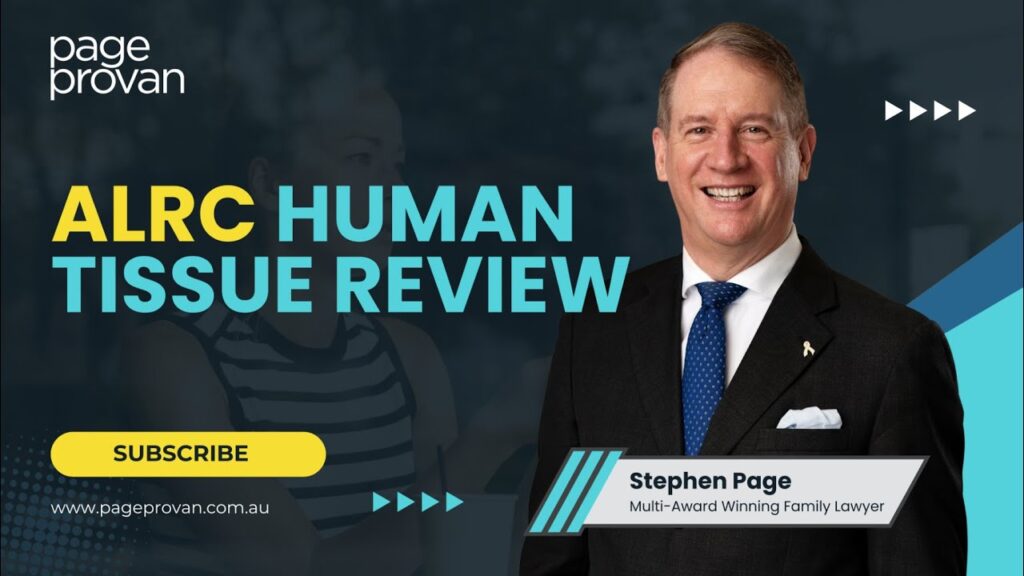Federal Magistrates Court: lesbian co-mother is a parent
At issue in a legal sense was whether the co-mother was a “parent” within the meaning of the Family Law Act to the boy. There were three further dynamics in the case:
- in Qld, since 1 June 2010, it was possible for the co-mother to be named on the birth certificate as a “parent”. This is because of amendments to Status of Children Act Qld that the co-mother is presumed to be a parent for Queensland law, and the donor is not a parent for Qld law. The Births, Deaths and Marriages Registration Act Qld allows for the registration of the co-mother as a parent. That Act only allows two parents to be shown on the birth certificate. Although the child was born before 1 June, 2010, the provision still applied to him. The court found that Queensland’s law was not yet a law prescribed for the purposes of the Family Law Act. Therefore Queensland’s law did not make the co-mother a “parent” within the meaning of the Family Law Act. At issue was whether or not the mother should be ordered to name the co-mother on the birth certificate.
- the co-mother’s counsel was critical of the mother for taking steps to minimise the role of the co-mother- as he said that the mother acted in the belief that her being a mother was in effect superior to the role of the co-mother. The co-mother’s counsel said that the child had two mothers. The mother was quite clear that she was the mother, and that while the co-mother’s role was valuable, only the mother was the mother.
- how was conception to be found? What role ought there be for the anonymous sperm donor father? The Family Law Act required that for the co-mother to be a “parent” within the meaning of section 60H of that Act, conception must have occurred at a time they lived in a de facto relationship, must have been artificial conception, and must have been with their consent. The consent of the sperm donor had also to be shown. Where was the evidence of that? Each of the parties agreed that conception was artificial, but the question was raised about what evidence there was about the father. If the father were not an anonymous sperm donor, then he ought to be given notice of the court proceedings and joined as a party. If there was no evidence about his consent (there was not), then there could not be a finding that the co-mother was a “parent”. All parties considered that the co-mother was a “parent” within the meaning of the Family Law Act.
Issue 1
Ultimately the co-mother did not seek that the mother ought to be ordered to name the co-mother on the birth certificate. The mother’s position was that once the child turned 18 he would be entitled to find out who his father was. She wanted to leave the name of the other parent open on the birth certificate, so that if and when he turned 18 he could name his father on the birth certificate.
The mother’s counsel also pointed out to the boy potentially being discriminated against in a variety of ways if and when he would have to produce his birth certificate if a potential employer or other person saw that for two women’s names were on the certificate as his parents.
Although the co-mother did not press to be named on the birth certificate, her counsel was critical of the mother for not recognising the key role of the co-mother in the boy’s life as the other parent.
Her Honour found that the mother was acting in the best interests of the child on this point, by leaving open the possibility of the father later being named.
Issue 2
Was the mother being less than child focussed and diminishing the role of the co-mother? Her Honour found that this was not the case.
Issue 3
This issue was cured by agreement of counsel for the three parties and with the court’s approval. A letter was obtained from the clinic. It stated categorically that the child was conceived by artificial conception, and that the father was an anonymous sperm donor identifiable only by number, and that his confidentiality, subject to when the child turned 18, remained intact. It stated that the father consented to the procedure.
“Parent”
Her Honour noted that although there was doubt about the drafting of section 60H of the Family Law Act, found that the co-mother was a “parent” of the child within the meaning of the Family Law Act.
I will write an updated post once the judgment is posted online.












